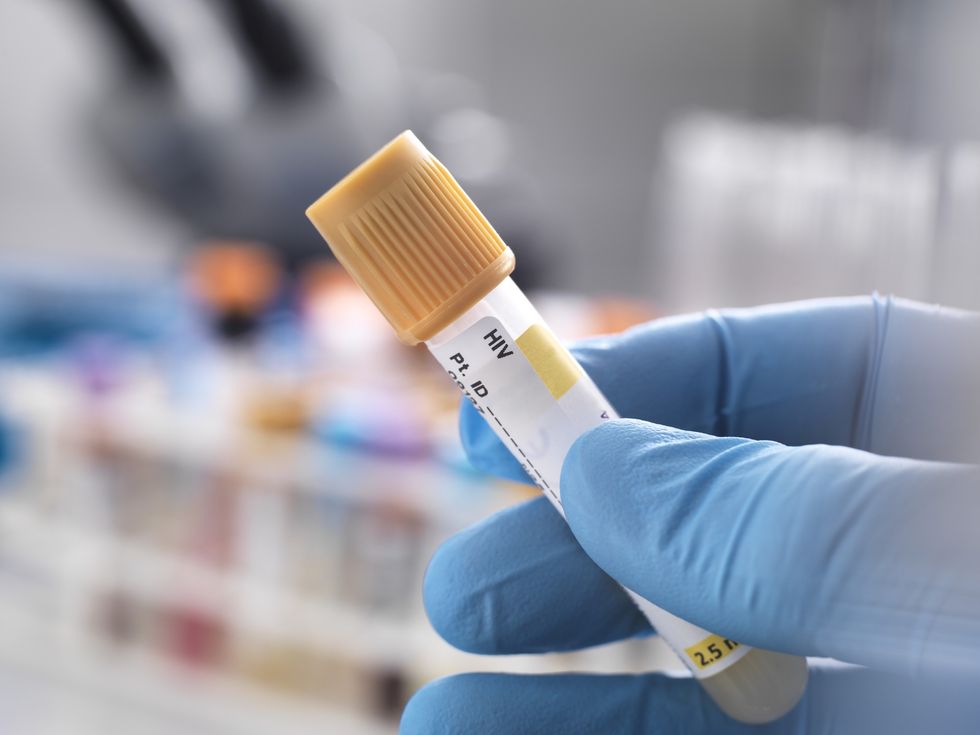The number of HIV diagnoses have spiked to a 15-year high amid a surge of migrants coming to England.
Cases jumped in 2023 by 51 per cent on the previous year – with more than 6,000 people in England diagnosed with HIV.
Official data shows the influx of diagnoses has largely been driven by the number of people contracting HIV abroad.
For the first time on record, the number of people diagnosed with HIV after catching the virus abroad exceeded those infected within England.
 The number of HIV diagnoses have spiked to a 15-year high amid a surge of migrants coming to England (stock image)PA/ Getty
The number of HIV diagnoses have spiked to a 15-year high amid a surge of migrants coming to England (stock image)PA/ GettyAccording to the data, 53 per cent were registered as having been previously diagnosed abroad – with an overwhelming majority coming from Africa.
Overall, half of these cases involved individuals born in Eastern Africa, with an additional 22 per cent originating from other regions of Africa.
The report added that around eight per cent of people were born Asia and Latin America and the Caribbean.
Leading charity experts say the post-pandemic surge in cases puts the UK’s target to stop new cases of HIV by 2030 “at risk”.
LATEST DEVELOPMENTS:
In its annual report on the disease, the UKHSA said: “The rise in HIV testing together with a higher and sustained positivity in black African heterosexuals may be suggestive of ongoing transmission.
“However, this number could also be affected by changing patterns of migration with a recent rise in people diagnosed with HIV abroad arriving in England.”
Net migration reached 685,000 last year, a slight decrease from the record high of 764,000 in 2022, when arrivals outnumbered departures in the UK.
Robbie Currie, the chief executive at the National Aids Trust, said: “Although there is much to celebrate with HIV treatment and prevention, the latest published HIV data in England shows clearly that a continuing lack of equity and equality is standing in the way of people being able to live well with HIV, and puts the goal of ending new cases of HIV in this country at risk.

Official data shows the influx of diagnoses has largely been driven by the number of people contracting HIV abroad
Getty
“The UK Government must respond in full to the worsening disparities and trends that we see in this data, with a strategy, funding and action.”
Andrew Gwynne, the minister for public health, added: “This data shows we have much more work to do and brings to light concerning inequalities in access to tests and treatments.
“I will be working across the Government to ensure that we work to stop HIV transmissions for good.
“Our new HIV Action Plan aims to end transmissions in England by 2030 with better prevention, testing and treatment.”